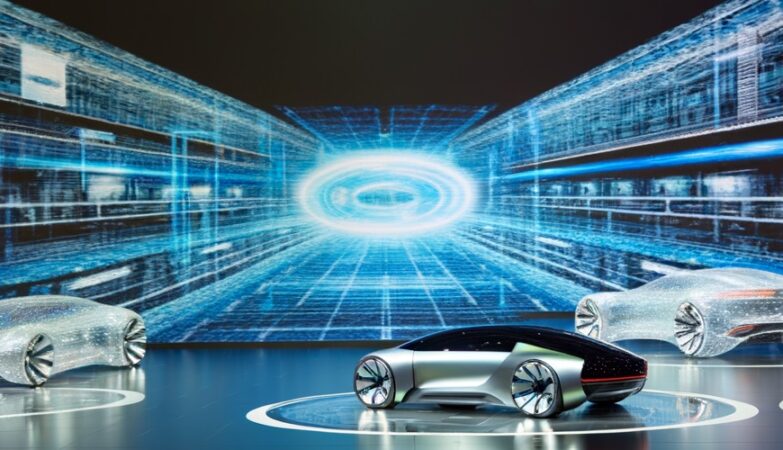Automotive: The Evolution of Transportation
The automotive industry has come a long way since its inception. From the invention of the Benz Patent-Motorwagen by Karl Benz in 1886 to the advanced electric vehicles we see on the roads today, automobiles have revolutionized the way we travel and transformed the world.
The early days of the automotive industry were marked by slow, cumbersome vehicles that were reserved for the wealthy. However, as time went on, advancements in technology and manufacturing processes allowed for the mass production of automobiles, making them more accessible and affordable to the general public.
One of the most significant milestones in the automotive industry was the introduction of the Ford Model T in 1908. This groundbreaking vehicle not only paved the way for the assembly line production method but also made cars a feasible mode of transportation for the average individual. As a result, car ownership became more widespread, changing the landscape of cities and society as a whole.
Over the years, automotive technology has continued to evolve, with improvements in safety, efficiency, and performance. From the introduction of seat belts and airbags to the development of anti-lock braking systems and traction control, car manufacturers have prioritized the safety of their customers. These advancements have helped reduce the number of fatalities and injuries on the roads, making automotive travel safer than ever before.
Furthermore, the automotive industry has made significant strides towards fuel efficiency and sustainability. With the increasing concern for climate change and environmental impact, car manufacturers have been investing in research and development to create vehicles that emit fewer greenhouse gases. This has led to the rise of electric and hybrid vehicles, which offer a cleaner and more sustainable mode of transportation.
In recent years, the automotive industry has witnessed a wave of technological advancements that have further enhanced the driving experience. From integrated infotainment systems and connected car technologies to autonomous driving features, cars have become more advanced and intelligent than ever before. These innovations not only provide convenience and entertainment but also offer potential for increased safety and efficiency on the roads.
However, with every progress comes challenges. The automotive industry faces the rising demand for alternative fuels, such as hydrogen and biofuels, as well as the development of infrastructure to support electric vehicles. Additionally, there are concerns regarding the ethical and legal implications of self-driving cars and data privacy in connected vehicles.
Despite these hurdles, the automotive industry continues to thrive and adapt to the ever-changing needs of consumers. It has become a vital sector of the global economy, providing employment opportunities and driving innovation. From automakers to suppliers and service providers, the automotive industry represents a vast network of interconnected businesses that contribute to the growth and development of countries around the world.
In conclusion, the automotive industry has undergone a remarkable transformation over the years. From its humble beginnings to the era of electric and autonomous vehicles, automobiles have had a profound impact on society. With advancements in technology and a focus on sustainability, the industry is poised to shape the future of transportation. As we look ahead, it is exciting to imagine what lies in store for the automotive industry and the way we move from point A to point B.







